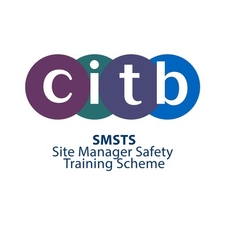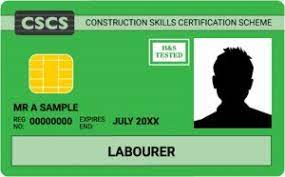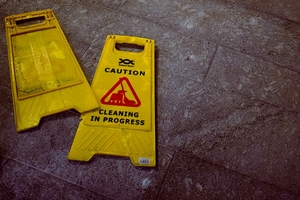AI's Impact on Health and Safety Training: Advancements and Challenges
Artificial intelligence (AI) is revolutionizing the world in various fields, and health and safety training is no exception. AI has the potential to transform the way health and safety training is delivered, making it more effective and efficient. With the help of AI, training can be personalized, interactive, and engaging.
One of the significant benefits of AI in health and safety training is that it can provide personalized training to each individual. AI can analyze the learner's performance, identify their strengths and weaknesses, and provide customized training accordingly. This approach ensures that the learner receives training that is tailored to their specific needs, making it more effective.
Moreover, AI can make training more interactive and engaging. Traditional training methods can be dull and uninteresting, leading to low engagement and retention rates. AI-based training, on the other hand, can be interactive and engaging, making it more enjoyable for learners. This approach can lead to better retention rates and improved learning outcomes.











